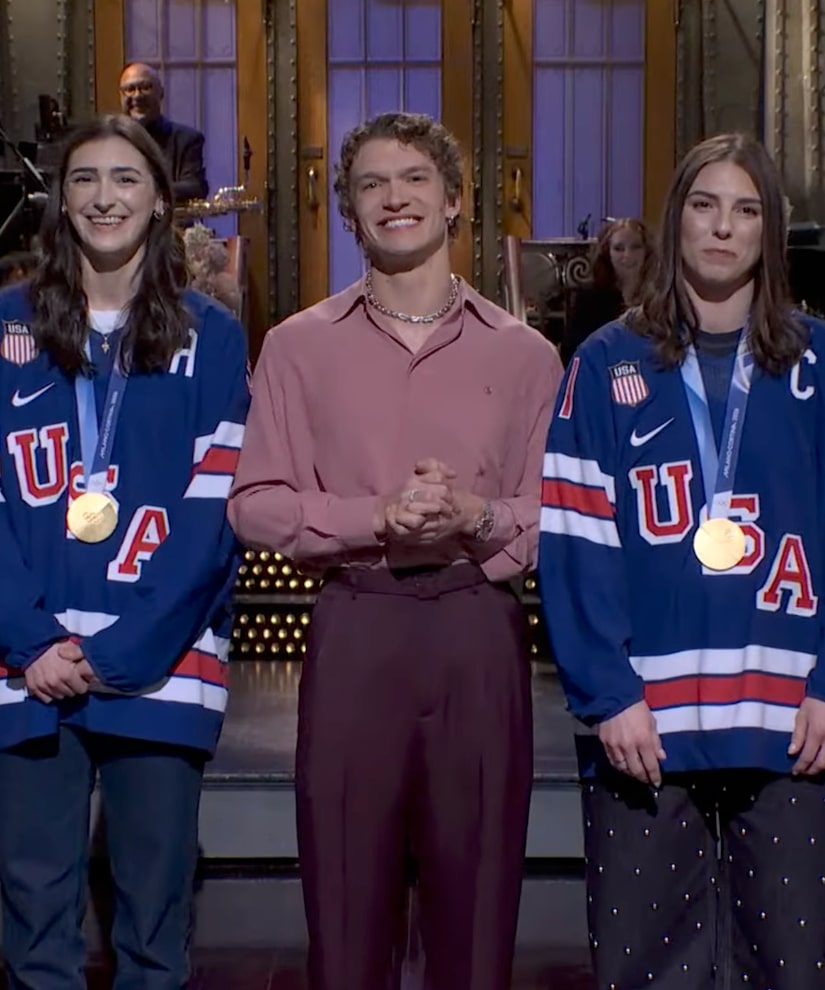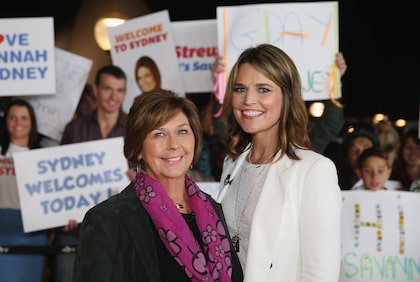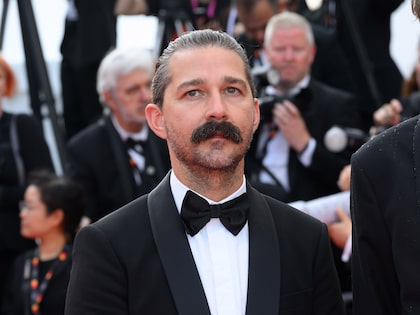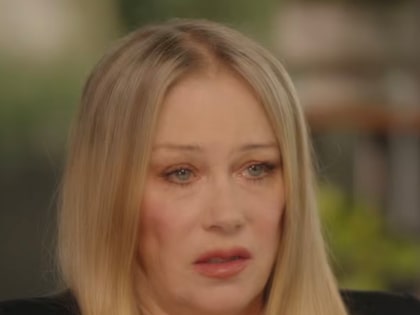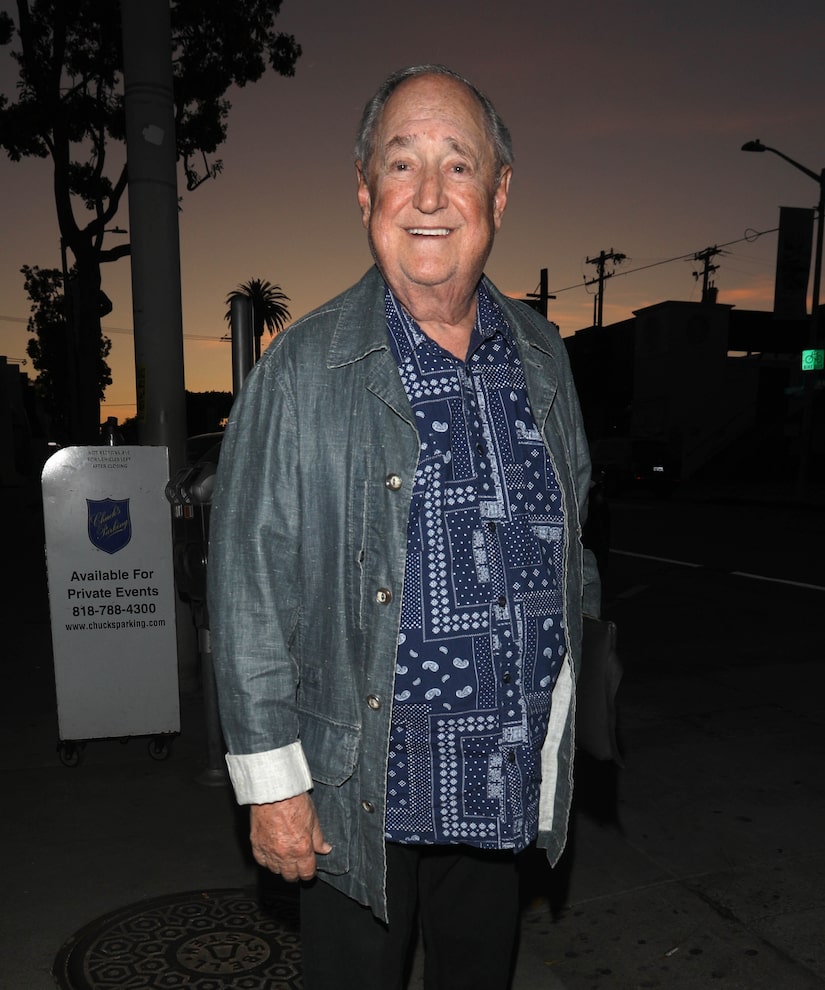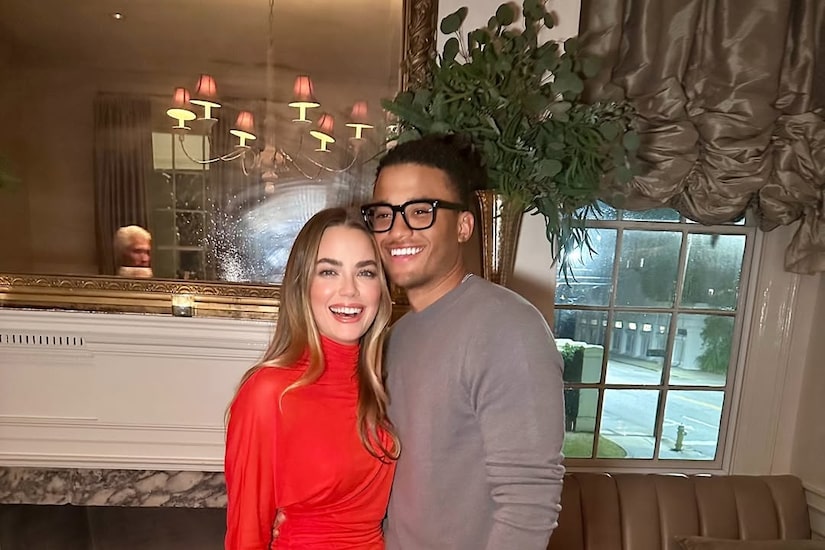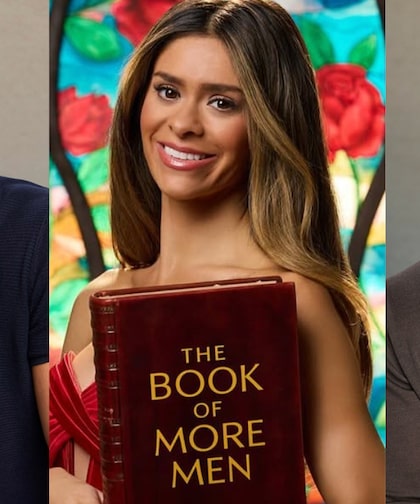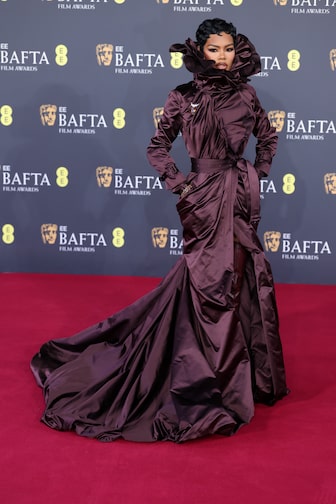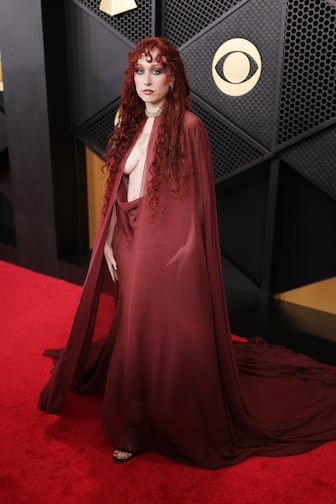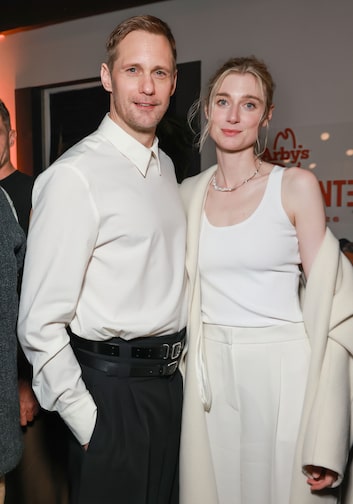Celebrity News February 15, 2023
Raquel Welch, Ageless Sex Symbol of an Era, Dies at 82
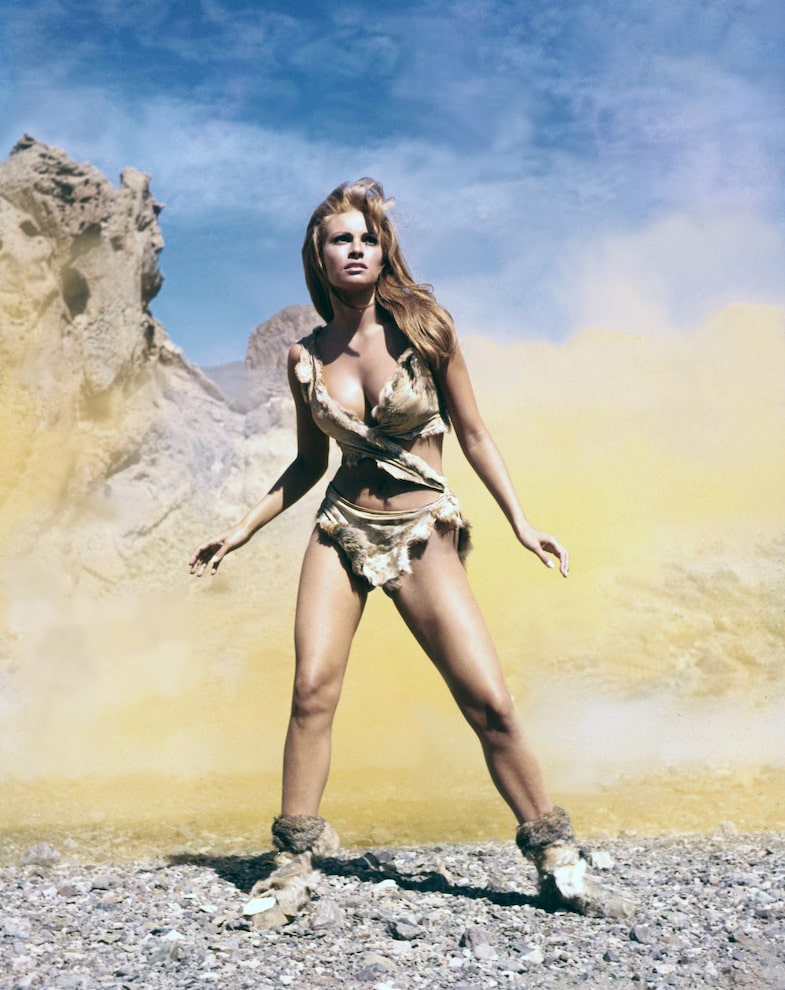 Getty Images
Getty Images
Raquel Welch, the bombshell sex symbol of the '60s and '70s who went on to forge a successful film and TV career that included 2017's "How to Be a Latin Lover," died Wednesday morning after "a brief illness," TMZ reports exclusively.
Born Jo Raquel Tejada on September 5, 1940, in Chicago, she grew up in San Diego, always expressing a desire to be a performer.
She married her high school sweetheart, James Welch, in 1959, and set about landing acting gigs in plays and a job as a weather girl at KFMB. Other early work included cocktail waitressing in Dallas, where she moved with her two young children after divorcing Welch in 1964.
Eventually making her way back to L.A., she met former child actor Patrick Curtis (who died three months ago) — he'd had an uncredited appearance in the 1939 classic "Gone with the Wind," among other films — who became her business manager and her second husband.
With great intention, the couple crafted a plan to make the curvaceous beauty into an international sex symbol — and succeeded in record time.
Her first film role was as a sex worker in "A House Is Not a Home" and she had an uncredited bit part in the Elvis flick "Roustabout" (both 1964). The same year, she made a flurry of appearances on TV series, including "The Virginian," "McHale's Navy," and "Bewitched," but was rejected for the role of Mary Ann on "Gilligan's Island" (1964-1966).
Following several forgettable TV spots and two more small movie roles, Welch — who kept her married name to avoid advertising her status as a Latina (her father was Bolivian, her mother English), which may have hampered her opportunities at the time — exploded into pop cultural consciousness as the star of the hits "Fantastic Voyage" and "One Million Years B.C." in 1966.
In the latter, her role as Loana required little more than that she look good in a deerskin bikini and period-inappropriate false eyelashes. Though the Hammer Studios film was lampooned for its absurd take on prehistory, Welch's beauty was a marvel, making her the go-to sex symbol reference for decades.
It was an image of Welch in her famous cavegirl bikini that the character Andy Dufresne had on his cell wall in 1994's "Shawshank Redemption," a poster integral to that American classic film's plot.
Racy spy caper "Fathom" (1967) did little to free Welch from the sex-symbol mold, but wanting to branch out, she nixed the role of Jennifer in the steamy "Valley of the Dolls" (1967); Sharon Tate snapped it up.
Her next noteworthy performance was in the much-loved farce "Bedazzled" (1967) opposite Peter Cook and Dudley Moore. Her westerns "Bandolero!" (1967), with Jimmy Stewart and Dean Martin, and the scorcher "100 Rifles" (1969), with Jim Brown and Burt Reynolds, took critical drubbings, but had box-office appeal. In the latter, her character takes a public shower to distract the enemy, but Welch steadfastly refused nude scenes. Though just 50 years ago, that film was controversial for an interracial love scene between Welch and Brown.
Denting her progress as an actress was her starring role in "Myra Breckinridge," the 1970 film adaptation of Gore Vidal's outrageous novel about a transgender woman obsessed with Old Hollywood who is taking revenge on mankind. The film featured an implied genitalia reveal and incorporated clips of vintage movies, which infuriated some of the stars whose likenesses were used in what was considered a raunchy project.
The film had been much-hyped, containing a rare late-career performance by the original sex symbol, Mae West, who was in her 70s but still vamping, and who did not gel with Welch. Welch later recalled West demanding that she be the only one of the two allowed to wear costumes in black-and-white, and trying to upstage her younger co-star.
Reviews were legendarily bad.
Welch went on to score a TV hit with her variety special "Raquel!" (1970), which showed off her singing and dancing chops, and to appear in "Hannie Caulder" (1971), making her a rare woman with a leading role in a western (one that Quentin Tarantino confirmed helped inspire his "Kill Bill" films); "Kansas City Bomber" (1971), a roller derby romp that led to her being called "the hottest thing on wheels"; and the cult-classic murder mystery "The Last of Sheila" (1973), widely considered one of the inspirations for the current "Knives Out" films by Riann Johnson.
For her comedic work in "The Three Musketeers" (1973), Welch took home a Golden Globe, her only major acting award. She also appeared in the sequel, "The Four Musketeers" (1974), and starred with Bill Cosby and Harvey Keitel in the raucous "Mother, Jugs & Speed" (1976).
As her film career ebbed in the '70s, she was still a household name as the epitome of femininity and glamour, sharing scenes with Robin Williams in 1979 on TV's "Mork & Mindy" and debuting on Broadway as the unlikely — but well-received — replacement for Lauren Bacall in 1981's "Woman of the Year." She would go on to have another success on Broadway in 1997 in "Victor/Victoria," following Julie Andrews and Liza Minnelli.
In 1982, she sued MGM over being fired from the film "Cannery Row" (1982). The part went to Debra Winger, but over $10 million went to Raquel in a 1986 verdict. Still, it was a hollow victory, as she found herself branded "difficult."
Welch worked in the TV films "The Legend of Far Walks Woman" (1982), "Right to Die" (1987), "Scandal in a Small Town" (1988), "Trouble in Paradise" (1989), and "Torch Song" (1993), and had a memorable walk-on in "Naked Gun 33-1/3: The Final Insult" (1994).
Though she had worked hard to show off her triple-threat status, Welch was still, in some quarters, famous for being famous. She mocked that status, as well as rumors that she could be demanding, with an iconic self-parody on "Seinfeld" in 1997, playing the worst possible version of herself.
Later work included a small but important role in "Legally Blonde" (2001). She belatedly embraced her Hispanic heritage with the film "Tortilla Soup" (2001) and the TV series "American Family" (2002-2004); made appearances on "8 Simple Rules" (2004) and "CSI: Miami" (2012); and gave two final performances, in the smash film "How to Be a Latin Lover" and on the short-lived Canadian TV series "Date My Dad," both in 2017.
Through it all, Welch hardly seemed to age, and her star power was never diminished.
Along with Welch and Curtis, from whom she was divorced in 1972, she was also married to André Weinfeld (1980-1990) and Richard Palmer (1999-2004).
Welch is survived by her son Damon Welch, and her daughter Tahnee Welch, an actress known for her work in "Cocoon" (1985) and "Cocoon: The Return" (1988).










